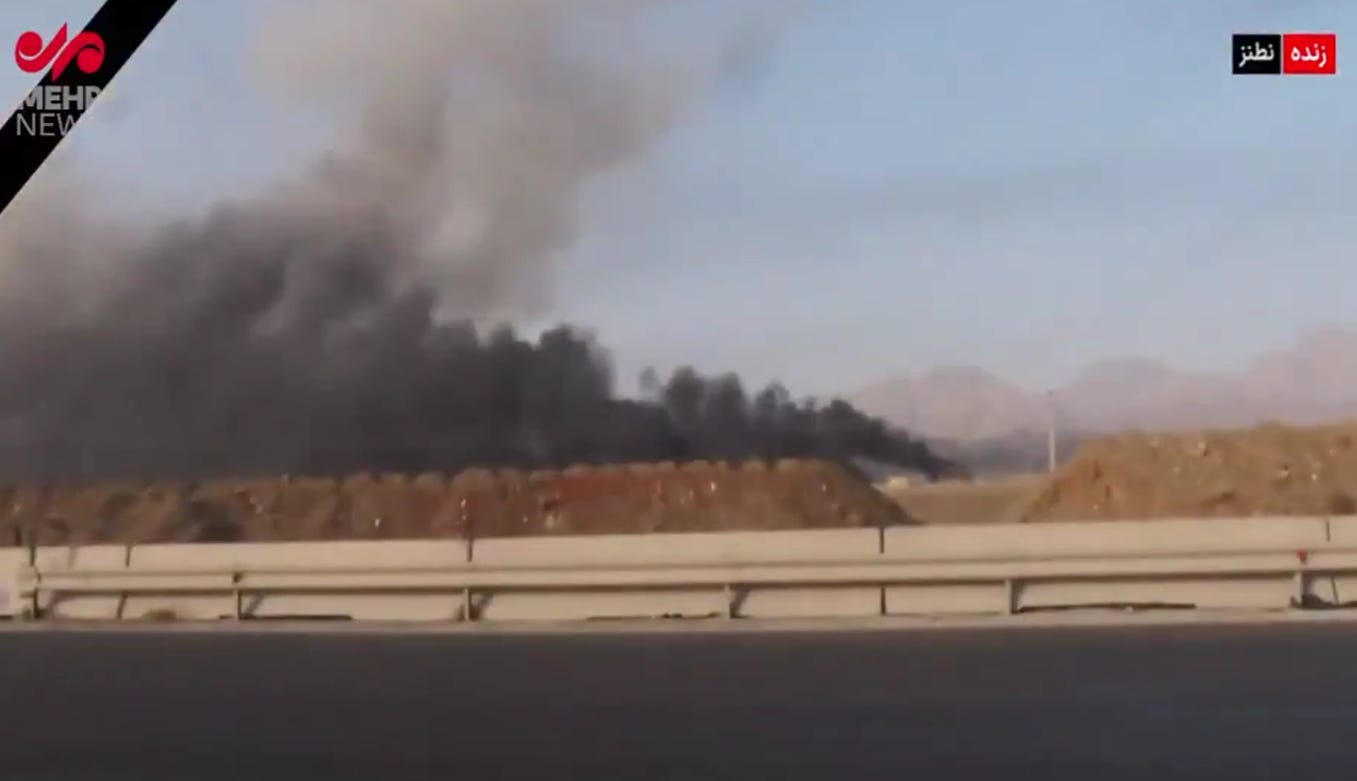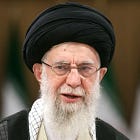Iran Is Pretty Bad At Real Wars, Actually
OP Rising Lion exposes the hollow military of the Islamic Republic
The revolutionary regime of Iran is very good at retail terrorism and very bad at pitched battles. This has always been the case, and has only become more true over time. The clerics have never trusted the military with any political power, so they created the Islamic Revolutionary Guards Corps (IRGC), a multi-service parallel military force that serves the political purposes of the regime, making its budget larger than that of the Islamic Republic of Iran Army (AJA, or Artesh), which exists to defend Iran.
So far, Operation Rising Lion has targeted the leadership of the IRGC, but not the leadership of the regular armed forces of Iran. The neutrality of the regular forces in 1979 doomed the Pahlavi monarchy, though it did not gain the trust of the mullahs, so perhaps Israel hopes to cleave the Islamic Republic internally. As I explained during April in a post that is now unlocked, Iran stands on the brink of a regime transition, with nuclear ambitions being the jewel that Ayatollah Khamenei would like to pin to the turban of his son Mojtaba.
It appears that Israel acted at the last opportunity to prevent this atomic coronation. People who hate Israel are very mad about it, but they should have known better. Anyone who has studied the true state of Iranian arms lately knows that military weakness was the key reason why the regime wanted a nuclear insurance program in the first place. Clerical rule through parallel institutions has always created inefficiencies to exploit. The IDF has exposed this hollow state of Iran’s theocracy to the world.
Keep reading with a 7-day free trial
Subscribe to Polemology Positions to keep reading this post and get 7 days of free access to the full post archives.



